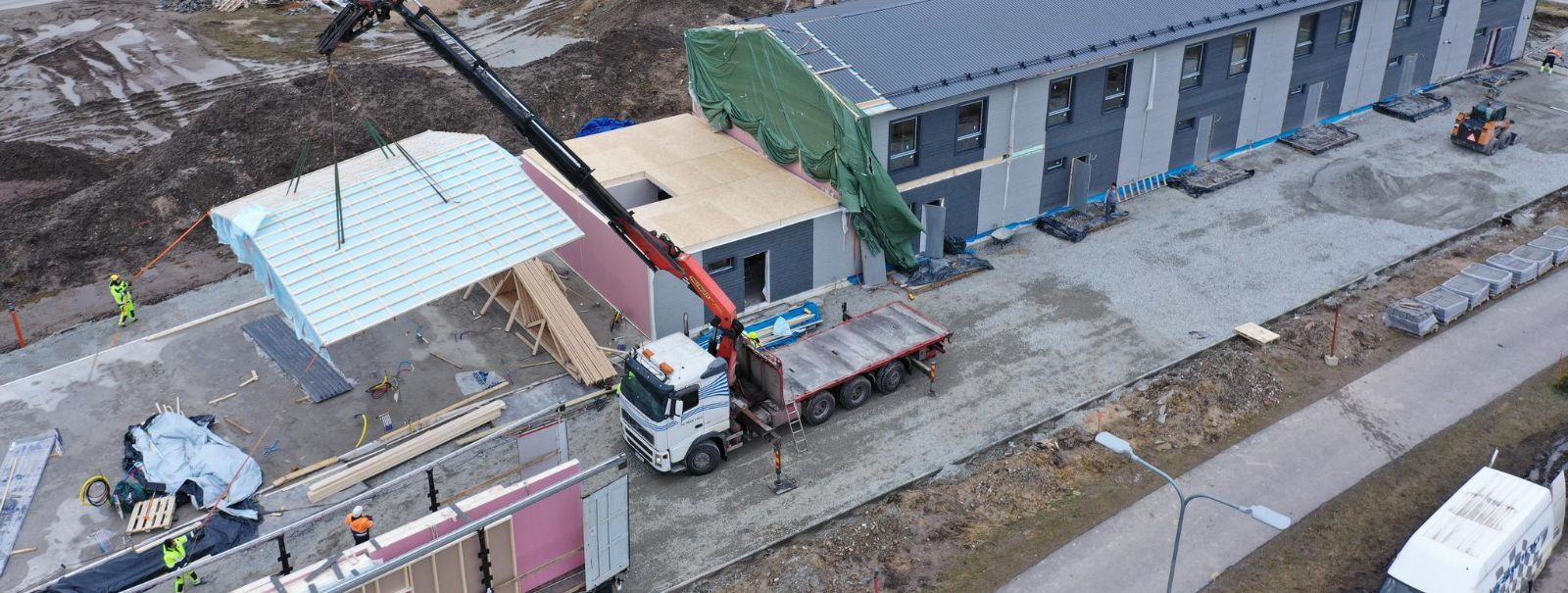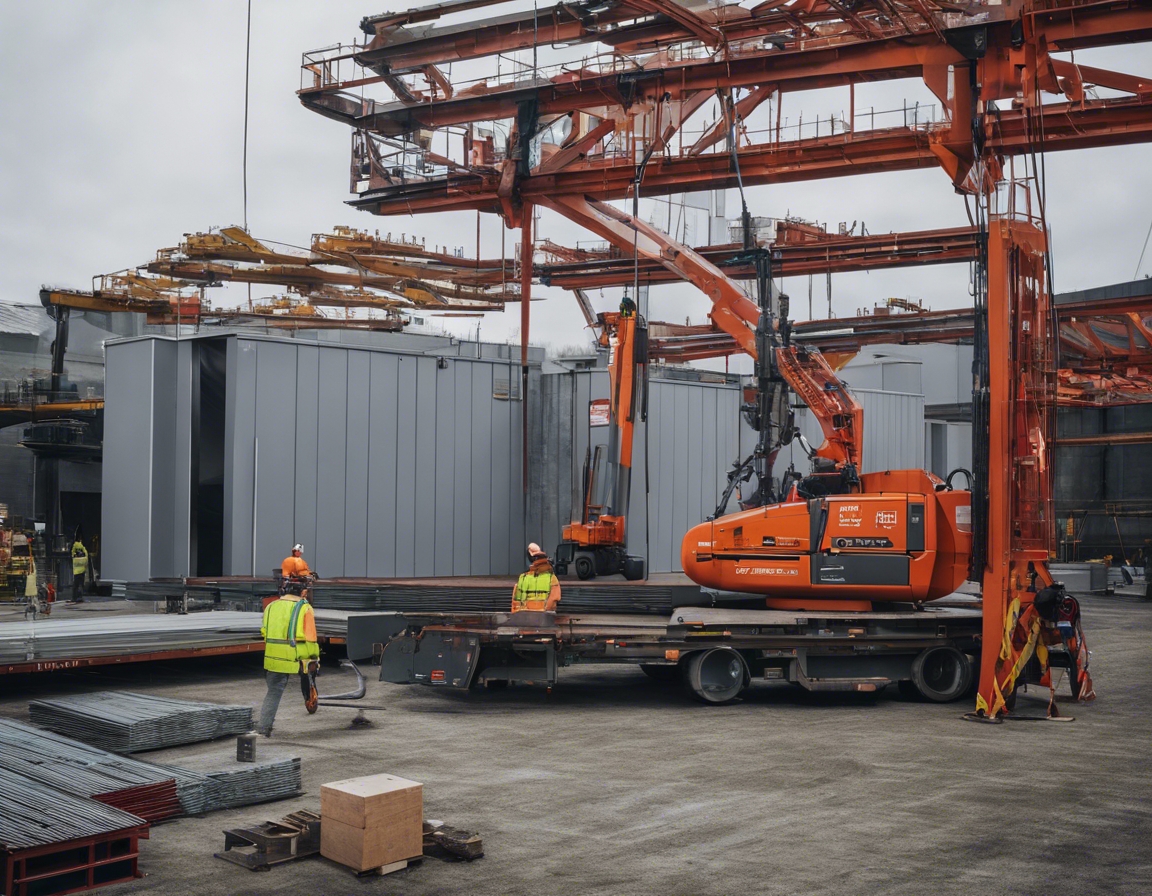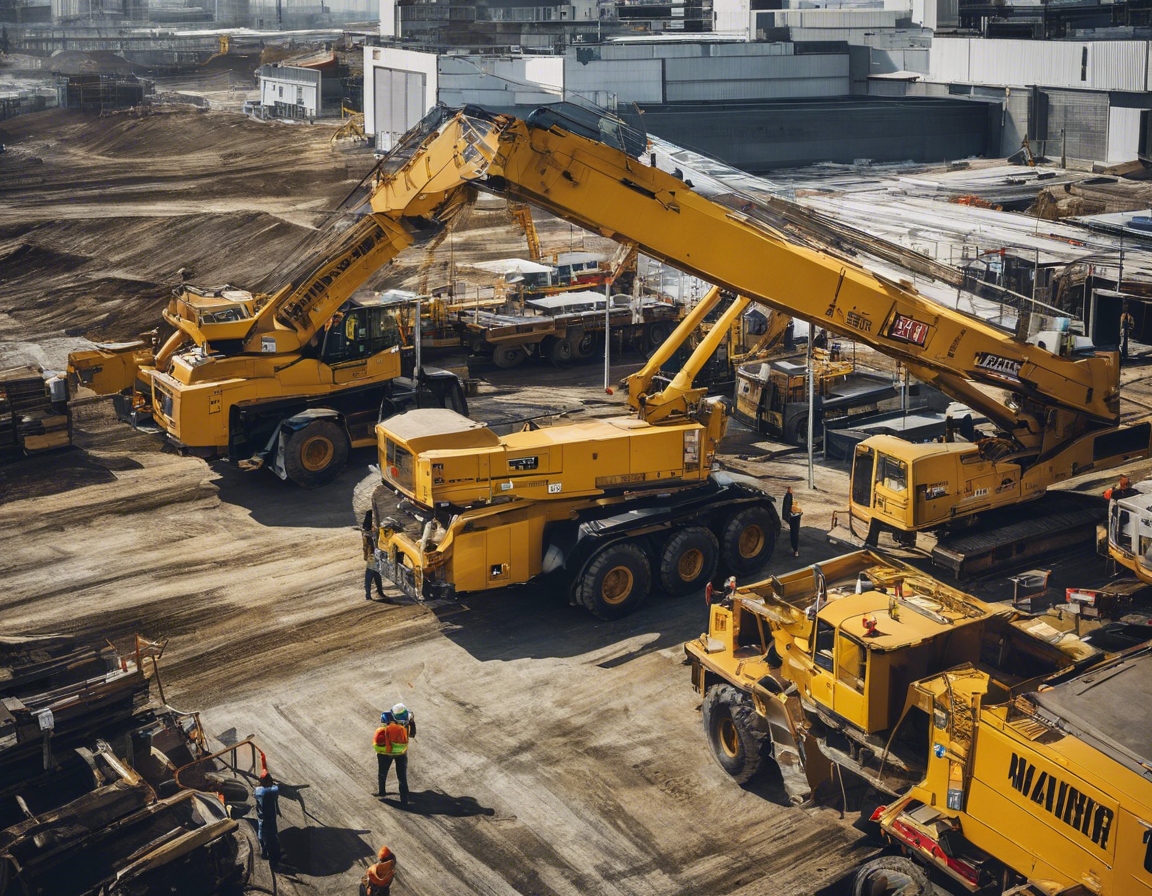Maximizing crane operations in urban environments
Urban environments present unique challenges for crane operations. The density of buildings, the bustle of city life, and the limited space for maneuvering heavy machinery all contribute to the complexity of urban construction projects. In such settings, maximizing the efficiency and safety of crane operations is not just beneficial; it's imperative.
Crane operations in urban areas are fraught with obstacles such as tight spaces, noise restrictions, and logistical constraints. These challenges require innovative solutions to ensure that construction projects can proceed without undue delay or risk.
Efficiency in crane operations translates to cost savings, timely project completion, and enhanced safety. For construction companies, contractors, and architects, understanding how to optimize these operations is crucial for success.
Strategies for Maximizing Crane Efficiency
Navigating the web of local regulations is a critical first step in any urban crane operation. Compliance with zoning laws, permits, and safety standards is essential for legal and smooth project execution.
Selecting the right crane for the job is a cornerstone of efficiency. This decision should be based on a thorough site assessment, considering factors such as load requirements, site access, and the urban landscape.
Technological advancements in crane design and operation can greatly enhance efficiency. GPS, remote monitoring, and automation are just a few examples of the technologies that are reshaping the industry.
Safety is paramount in crane operations, particularly in urban areas where the risk to the public and property is heightened. Strategies to minimize disruptions include careful scheduling and the use of noise-reduction techniques.
Effective coordination among all stakeholders and clear communication are vital components of successful crane operations. This ensures that everyone is on the same page and that operations run smoothly.
Best Practices for Crane Operations in Urban Areas
Planning is the bedrock of efficient crane operations. Logistics must be meticulously managed to handle the complexities of urban construction, from delivery of materials to the timing of lifts.
Regular maintenance and inspections are non-negotiable for ensuring the reliability and safety of crane equipment. A well-maintained crane is a productive and safe crane.
Operators must be highly skilled and certified to handle the demands of urban crane operations. Continuous training ensures that operators are up to date with the latest safety protocols and operational techniques.
Urban projects must also consider their environmental impact. Efficient crane operations can reduce emissions and energy use, contributing to a greener construction process.







Comments (0)